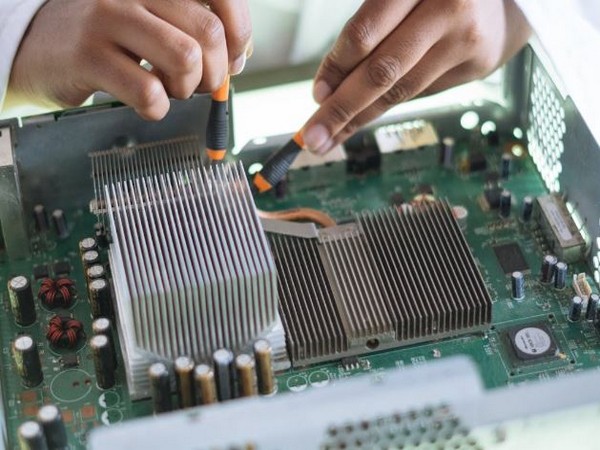India’s semiconductor ecosystem has immense growth potential, but it can benefit significantly from deepening partnerships with countries like Taiwan and Japan. Taiwan holds a dominant position in semiconductor manufacturing globally, with its companies leading the fab manufacturing and the ATMP market. However, despite aggressive government efforts and incentives, Taiwanese companies have shown little interest in establishing fabs in India due to geopolitical tensions.
In contrast, Japan has been providing training to Indian workers, while Taiwan is investing in semiconductor clusters in Southeast Asia. Strengthening collaborations with these countries could provide the expertise and investment needed to bolster India’s semiconductor ecosystem. The report highlights Tata Group’s partnership with Powerchip Semiconductor Manufacturing Corporation (PSMC) as a positive step towards developing the semiconductor ecosystem in India.
To attract significant investments in the sector, India needs to improve its infrastructure, manufacturing ecosystem, and select the right companies to improve manufacturing yields. The country also needs to address concerns about the talent pool, as many Indian students who receive semiconductor training abroad prefer to stay there, limiting the domestic workforce. Additionally, India’s infrastructure, intellectual property protection, and regulatory environment need improvement to attract global semiconductor manufacturers.
On the global front, India has an opportunity to capitalize on shifting trade dynamics as the U.S. and EU are increasingly wary of Chinese components in their supply chains. India could position itself as a non-China alternative and meet the growing demand for semiconductor chips, which is expected to surpass USD 100 billion domestically by 2030, driven by the increasing demand for electronic goods. By leveraging partnerships with Taiwan and Japan and improving its semiconductor ecosystem, India can strengthen its presence in the global semiconductor industry.































